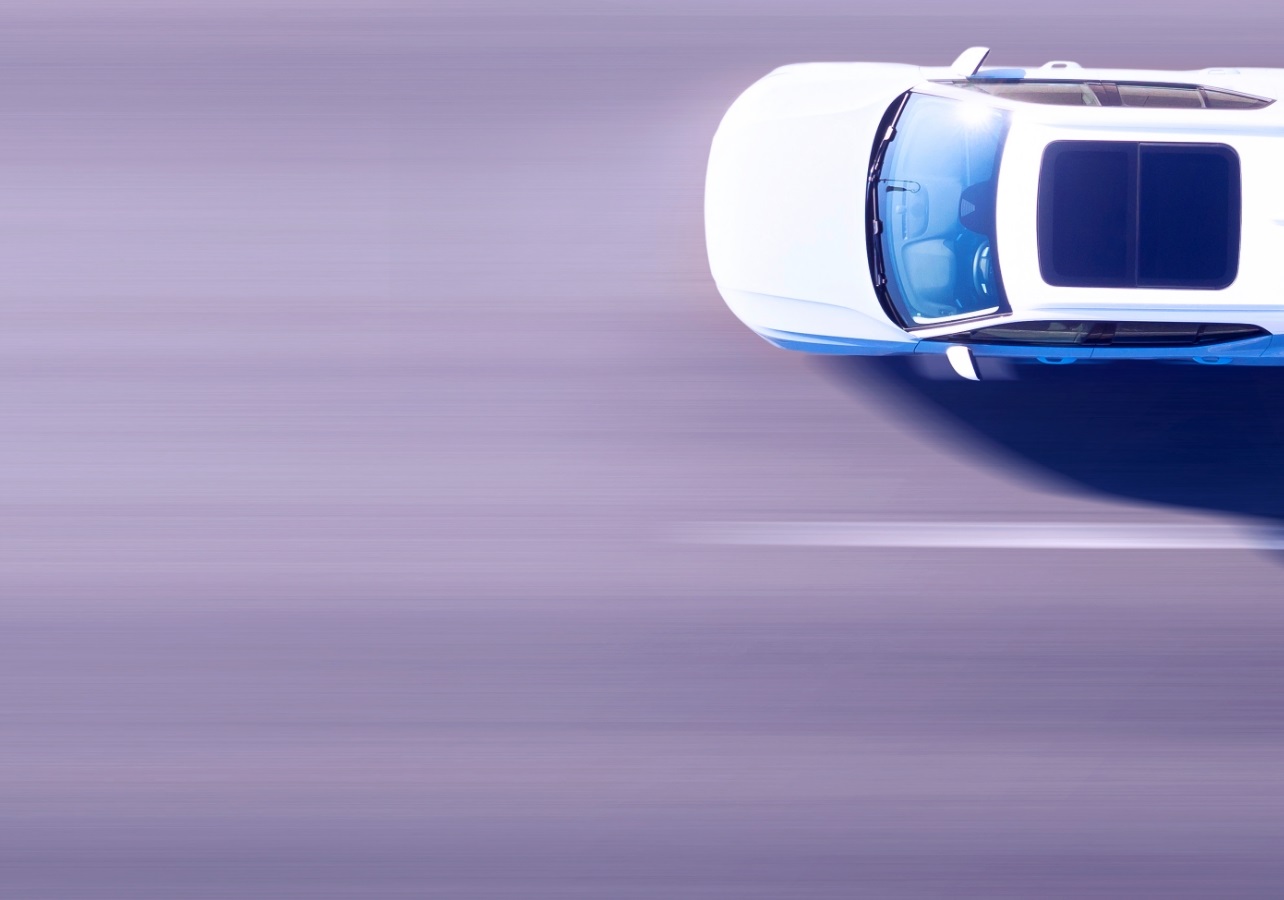Resource Highlights
In this article you will find out about why the Delphi brake pads lasted 33% longer than the next best brand.

We’ll never grow tired of talking about our brake pad wear tests. That’s because they passed recent tests with flying colours, lasting longer than all other pads…and by some way.
We recently put our brake pads to the tests, together with the OE pad and six other leading aftermarket brands. We completed 428 stops from different speeds and under different pressures. And then we went again. In fact we repeated the cycle five times. A total of 2,140 stops, on both the front and rear axle for each pad. That’s a lot of stops.
Whilst we would expect some wear after all this stopping, we were surprised at just how quickly some brands wore. Not Delphi. On the front axle, where most of the braking is done, the Delphi pad experienced the least wear with only 0.9 mm – lasting 33 percent longer than the next closest brand. Three brands experienced two mm or more wear after the same number of stops. On the rear axle, Delphi came out joint second, after the OE.
.png?sfvrsn=21b9d82f_5)
To put this into context, most manufacturers’ service limits are three mm for brake pads. Under the same test conditions, the Delphi front pad would last 19,022 stops before reaching this limit, the next placed brand 14,267 stops and the worst brand only 6,848 stops. This is a significant difference, and demonstrates both the durability and added value for money of the Delphi pad.

Of course, we always knew our pads would be up to the job, because we engineer our friction material with this in mind. Factors such as the vehicle type, top speed, balance, weight, disc type and axle all have a bearing and need to be carefully considered. That’s why we use over 130 different friction ingredients to create more than 20 unique friction formulations for a close match of pad to vehicle. This helps to ensure the optimal stopping power, noise and obviously wear. Some brands use a lot less, resulting in an inevitable compromise in performance.
Test Criteria:
- Modified TWW test.
- 428 stops from various speeds with different pressures x 5 times.
- Pads measured before and after test.
- Front and rear axle tested.
- Car: VW Passat Variant.
- Engine: 2.0 TSI.
- Weight: 2168 kg total.
- Rolling radius: 0,308 m.
- Max. speed: 137 mph.
See how Delphi outperformed the competition in other key tests– stopping distances, noise and wet braking.
SIGN UP TO FIND MORE
Fill yp your details to hear more from our experts and get the latest updates from Delphi.



